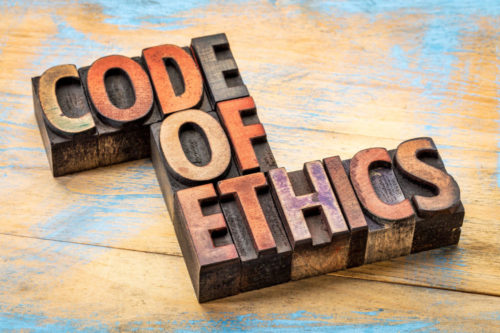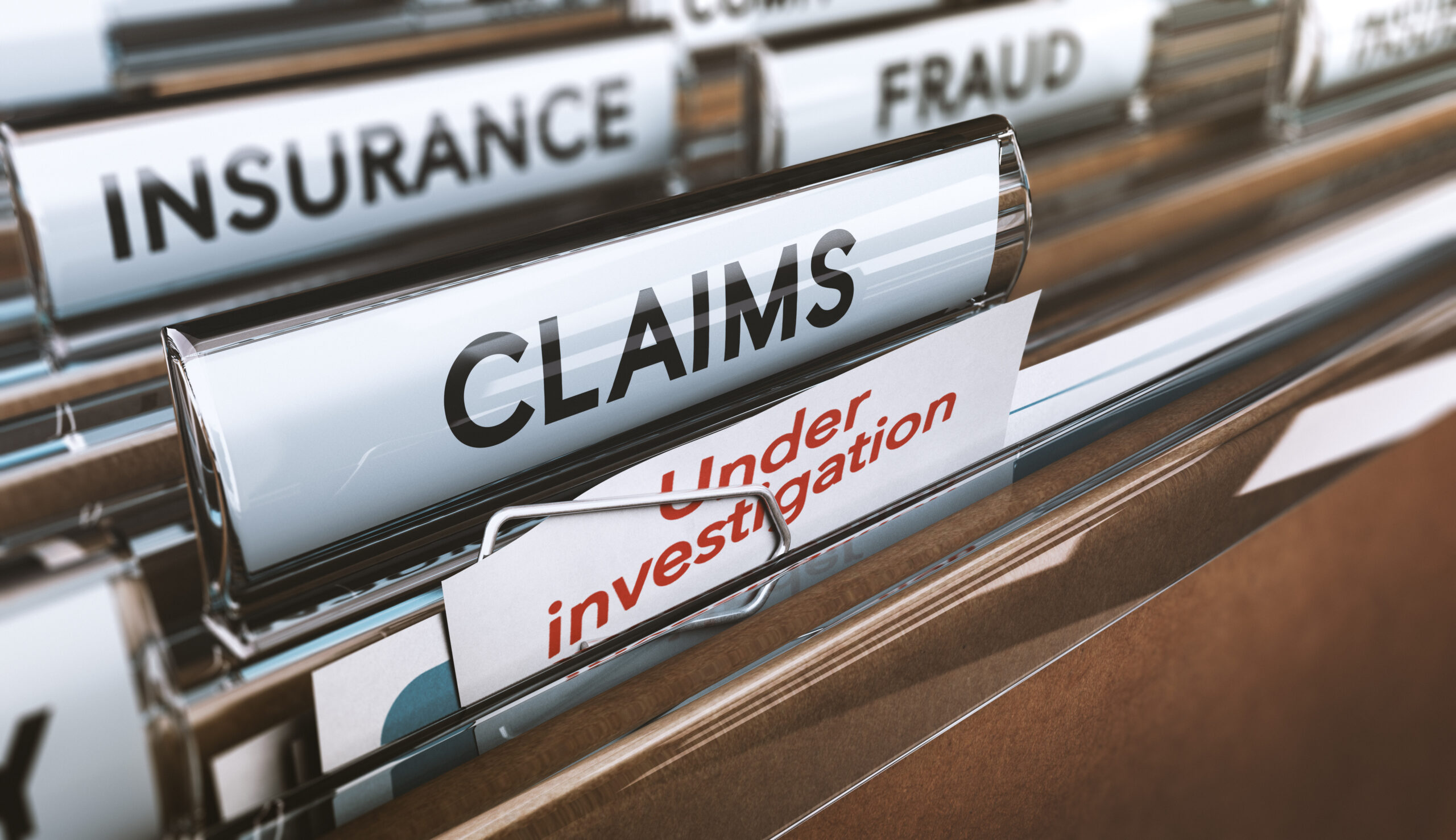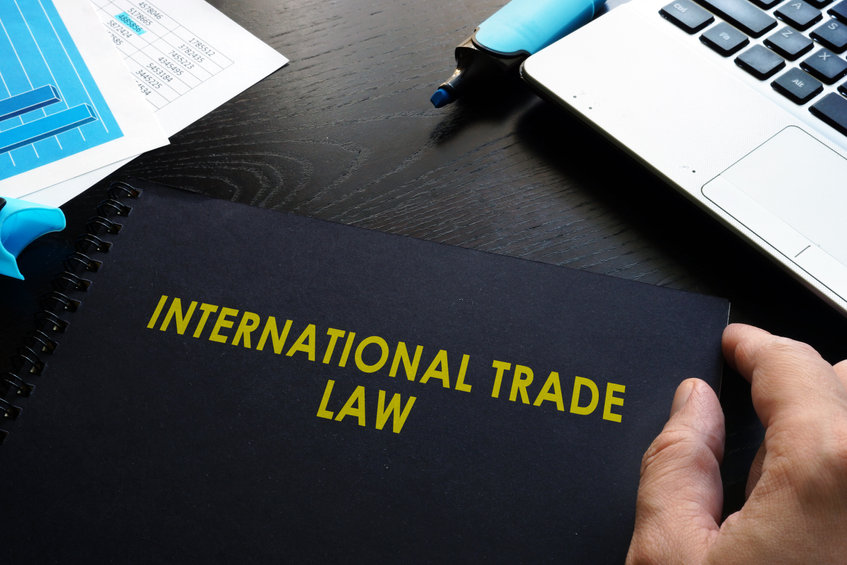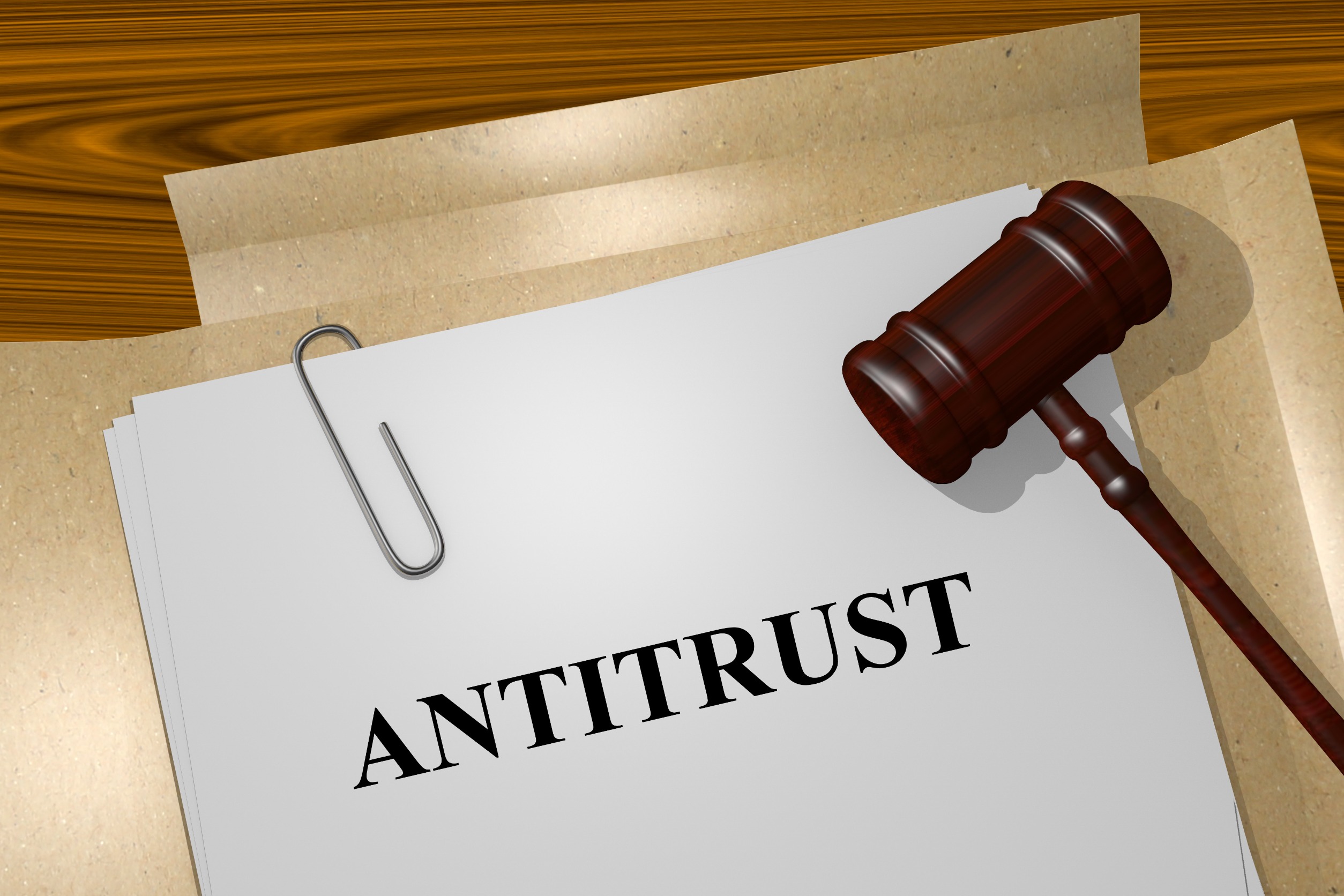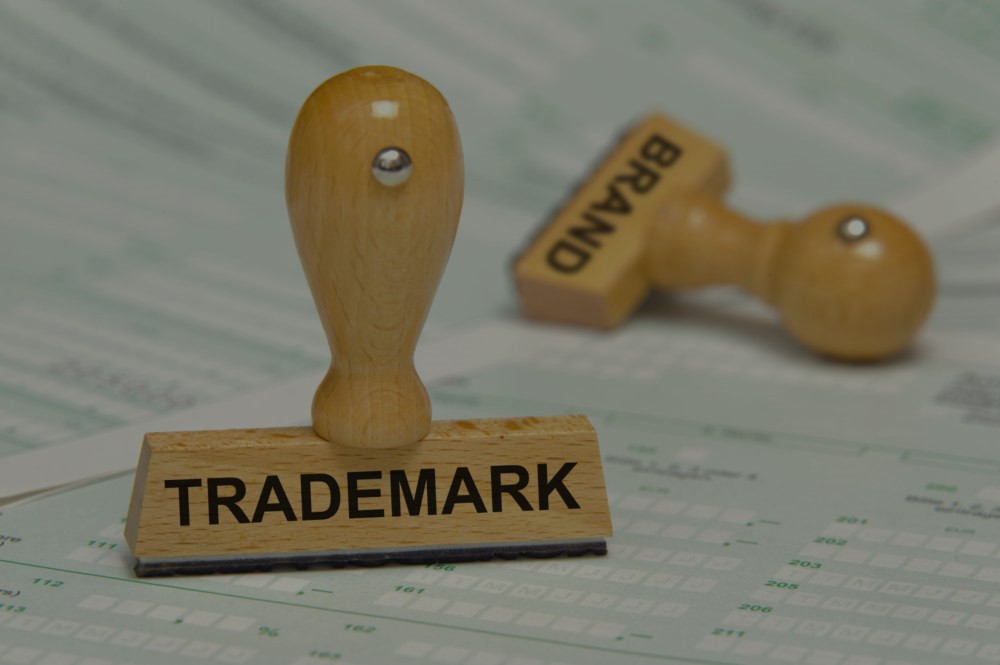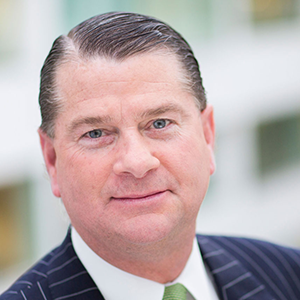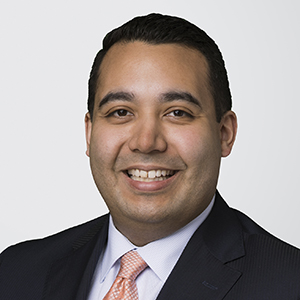Broadcast Date: Thursday, June 10, 2021
from 3:00 pm to 4:00 pm (ET)
Overview:
It has been a common practice for lawyers to act as local counsel in lawsuits. Local counsel are typically relied on by out-of-state attorneys when it comes to complying with local rules, reviewing pleadings, and moving for the pro hac vice admission of lead counsel. While acting as local counsel can be beneficial to clients and counsel alike, if not properly guided, various ethical issues may arise.
Thus, it is of utmost importance for lawyers to properly navigate the governing ethical rules and regulations before acting as local counsel in order to mitigate exposure to unanticipated obligations or risks.
In this LIVE Webcast, litigation attorneys William E. Gericke (Cozen O’Connor) and Christopher R. Heredia (Holland & Knight LLP) will provide an informative discussion of the key ethical considerations which lawyers should keep in mind when acting as local counsel. Speakers will also share real-world cases to illustrate helpful tips and best practices on how lawyers can manage potential ethical issues.
Some of the major topics that will be covered in this course are:
- Lawyers Acting as Local Counsel
- Trends, Issues, and Common Missteps
- Ethical Considerations
- Real-World Cases
- Practical Tips and Best Practices
Credit:
Course Level:
Intermediate
Advance Preparation:
Print and review course materials
Method of Presentation:
On-demand Webcast (CLE)
Prerequisite:
None
Course Code:
149364
NY Category of CLE Credit:
Ethics and Professionalism
Total Credit:
1.0 CLE
How to Claim CLE Credits Per State:
https://knowledgewebcasts.com/how-to-claim-cle-credits-per-state/
CLE State Requirements:
https://knowledgewebcasts.com/cle-state-requirements/
CPE State Requirements:
Speaker Panel:
William E. Gericke, Member
Cozen O'Connor
Bill Gericke is a veteran trial lawyer. His practice focuses on representing lawyers and law firms in federal and state courts and disciplinary agencies in actions for civil liability, in professional ethics and responsibility matters, and in risk management. Bill also served as the first conflicts counsel to the firm. In that role, he analyzed new business to identify potential conflicts and facilitated their resolution in accordance with the rules of professional conduct. Before joining the Legal Profession Services group, Bill prosecuted complex fire, construction defect, product liability, and water damage cases. Bill’s extensive experience as a trial lawyer combined with his concentration in the law governing the liabilities and responsibilities of lawyers enables him to both counsel and protect his lawyer and law firm clients in the challenging environment of legal practice.
Christopher R. Heredia, Attorney
Holland & Knight LLP
Christopher Heredia is a litigation attorney in Holland & Knight’s Chicago office, where he focuses his practice in legal ethics and risk management for lawyers and law firms, as well as commercial litigation. As a member of the firm’s Legal Profession Team, Mr. Heredia advises and represents lawyers, law firms and in-house counsel on all aspects of professional responsibility matters, including firm organization, dissolution, disqualification, lawyer mobility, regulatory compliance, and bar disciplinary defense at the state and federal levels, including before the Office of Enrollment and Discipline of the U.S. Patent and Trademark Office. Mr. Heredia also represents students and other professionals before regulatory authorities in licensing, admissions, and character and fitness matters.
In the community, Mr. Heredia is active in local and national bar associations, and frequently presents to law schools, legal organizations and media outlets on professional responsibility matters. As a faculty member of the National Institute for Trial Advocacy (NITA), he teaches lawyers successful deposition techniques during NITA’s annual deposition skills training program. As an adjunct professor at Chicago-Kent College of Law, Mr. Heredia also previously taught Ethics and Advocacy, a course which combined elements of professional responsibility with trial advocacy.
Prior to joining Holland & Knight, Mr. Heredia served as Litigation Counsel for the Illinois Attorney Registration and Disciplinary Commission (ARDC), where he investigated hundreds of charges of attorney misconduct, and litigated formal proceedings before the Commission’s Hearing Board and Illinois Supreme Court. His tenure with the ARDC allowed Mr. Heredia to become intimately familiar with the law governing lawyers and professional responsibility matters. Mr. Heredia also worked as a criminal prosecutor for the Cook County State’s Attorney’s Office, where he gained extensive litigation experience prosecuting complex fraud, theft, and vehicle-related felonies.
Agenda:
SEGMENT 1:
William E. Gericke, Member
Cozen O'Connor
Introduction: Many litigators have either retained or served as local counsel in state or federal courts. Litigators with national practices may work with local counsel more often than not. There are important details you should know beforehand so you don’t subject yourself to obligations and risks you never anticipated or intended to assume.
Topics Addressed
- There is No “Local Counsel” Exception to the Rules of Professional Conduct. The ABA’s Model Rules of Professional Conduct, as well as each state’s version of the Model Rules do not make a distinction between “lead counsel” and “local counsel” when it comes to the duties arising from the attorney-client relationship. Many lawyers are unaware that their ethical obligations to the client remain the same when they act as local counsel, even if they have no direct contact with the client.
- Rule 1.2(c) of the Rules of Professional Conduct and the Use of Limited Scope Engagement Letters. Attorneys who wish to define their role as local counsel should do so through an agreement to limit the scope of representation pursuant to Rule 1.2(c) of the Rules of Professional Conduct. Although a limited scope agreement does not absolve attorneys from complying with their ethical duties, it will narrow the universe within which those ethical obligations apply by limiting the attorney’s role in the matter and specifying the tasks they are expected to perform.
- Client Must Give “Informed Consent” to Limited Scope Representations. Rule 1.2(c) requires that the client give “informed consent” to the limited scope representation. In addition, any limitation on the scope of representation must be “reasonable under the circumstances.”
- Local Counsel’s Obligations to the Court Cannot Be Limited By Agreement. Local counsel must comply with any relevant court rules governing the responsibilities of counsel, including any individual judge’s rules. Local counsel’s responsibilities pursuant to the relevant court and judges’ rules cannot be limited by agreement.
- Withdrawing From the Case May Be Local Counsel’s Only Recourse. If lead counsel has repeatedly shown a lack of attention to the case, or the adversary has filed numerous motions to compel and is on the verge of filing a motion for sanctions, or worse, due to lead counsel’s discovery violations, local counsel should seriously consider withdrawing from the case.
Conclusion: While acting as local counsel can be beneficial, serving in this capacity is not without risk. If you intend to limit your role to certain tasks, or a certain phase of the matter, you had better lay that out clearly at the beginning of the representation and secure the client’s consent in writing.
SEGMENT 2:
Christopher R. Heredia, Attorney
Holland & Knight LLP
Acting as Local Counsel: The Rules and Common Scenarios
- Acting as Local Counsel: The Rules
- Affirmative Duties
- Conflicts of Interest
- Limiting Scope
- Payment for Legal Services
- Local Counsel Involvement with ABS
- Acting as Local Counsel: Best Practice Tips
- Acting as Local Counsel: Practice Tips
- Acting as Local Counsel: The Rules
Date & Time:
Thursday, June 10, 2021
3:00 pm to 4:00 pm (ET)
Who Should Attend:
- Lawyers
- Legal Assistants
- Paralegals
- Law Office Managers
Join Over 160,000 Professionals Empowering Their Careers
Learn anywhere from over 3000+ live and recorded CLE, CPE & Technology Webcasts.


